Opinion: Breaking tie-breakers
Editor’s note: pipes|drums welcomes all fair perspectives and opinions. Sharing information and constructive dialogue is at the heart of the publication. Like all who live in a fair democracy, free speech and the free exchange of ideas are central to progress. Our competitive art can move forward only by asking questions, listening to answers, respecting opinions, and forming ideas.
Please let us know if you have an opinion that you would like to express fairly in an editorial. We are always pleased to hear from our readers.

We’ve been thinking about tiebreakers recently. Pipe bands and solo competitions have traditionally used the same methods to break ties in aggregate scoring situations.
The tiebreakers we use were made for a different era. Today, they make little sense, and, like so much in piping and drumming, they’re perpetually used either out of habit or sheer laziness.
Let’s start with pipe bands.
First, in one-event competitions, we agree that ensemble should indeed break ties. In fact, there should be more ensemble judges. Perhaps all adjudicators should be ensemble judges. But we digress.
The Medley should break ties, not the MSR, in competitions with Medley and MSR events.
In the 1970s, when the Medley first emerged as a competition event, the MSR was more difficult and skill-testing. Back then, an MSR of professional solo-level tunes was more of a challenge to play well than a Medley typically comprising 4/4 marches, two-parted strathspeys, an easy jig, an ultra-trad air, and a simple dot-cut hornpipe for a rollicking finish. Today’s medleys are vastly more complicated and intricate than any traditional MSR. It’s more of a test than an MSR, so it should count more.
With respect, anyone who believes an MSR is more difficult than a Medley probably hasn’t played in a band in 30 years.
Making an MSR result the first tie-breaker might have made sense back then, but it’s been nonsensical for at least the last thirty years. Medleys are a far greater test, with more breaks, more time signature, more orchestration, more pressure, and more everything except tradition. With respect, anyone who believes an MSR is more difficult than a Medley probably hasn’t played in a band in 30 years.
However, in multi-event aggregates, a band or soloist should not win the championship without being first in at least one event. It’s just not right. whether solo or band, the first tie-breaker should be the contestant with the most firsts. Even if a band or soloist doesn’t have the most aggregate points, they should win if they have the most event firsts.
If two contestants are equal in most aggregate points, but neither was first in an event, the prize should go to the band or soloists who gained the most overall points and at least one first place in an event.
We can’t remember a Grade 1 World Championship going to a band that didn’t actually win an event, but it’s bound to happen if it hasn’t already. Glenfiddich Championships have gone to pipers who didn’t win either event.
We are not saying that the contestants with the most aggregate points but not first, in any event, did not play well enough to be the winner. They won the championship fair and square under the rules. Nothing diminishes their success. We’re only saying that nothing should trump a first in the future.
We are not saying that the contestants with the most aggregate points but not first, in any event, did not play well enough to be the winner. They won the championship fair and square under the rules. Nothing diminishes their success. We’re only saying that nothing should trump a first in the future.
In solo piping, if there’s a tie in aggregate points, with none of those tied being first in an event, then the winner of the Piobaireachd should win. Piobaireachd still reigns in terms of skill and difficulty over light music.
If there was no Piobaireachd but a Medley and MSR or other light music events, the winner of the Medley would break the tie. The point is, you can’t win the overall without a first in at least one event. And the player with the most firsts should always win, regardless of aggregate points.
Further, solo piping aggregates should count all events. There’s a weird tradition, perhaps using the same old thought process as bands, that minimizes hornpipes and jigs. Some of the biggest overall prizes in the world actually exclude the Jig or Hornpipe or Hornpipe & Jig events altogether. Many deserved overall titles have been lost because of this old-school thinking. Count all events.
So, here are proposed guidelines for breaking ties to determine multi-event aggregate awards:
Bands
- First tie-breaker: The band with the most event first prizes.
- Second tie-break: The band with the most event first prizes and the most aggregate points.
- Third tie-break: The band with better Medley result (MSR if no Medley event).
Solo piping (count all events)
- First tie-breaker: Piper with the most event first prizes.
- Second tie-break: Most event firsts and most aggregate points.
- Third tie-break: Piper with the better Piobaireachd result (Medley if no Piobaireachd event; MSR if no Piobaireachd or Medley event).
Solo drumming (count all events)
- First tie-breaker: drummer with most event first prizes.
- Second tie-break: most event first and most aggregate points.
- Third tie-break: drummer with the better Medley result (MSR Medley if no Medley event).
These new approaches to deciding overall winners and champions in multi-event competitions make sense to us. The main points are that the overall winner must win at least one event and that the Medley should be preferred over the MSR because medleys are vastly more difficult today.
What’s your opinion? As always, we encourage readers to contribute their thoughts through our Comments feature below, where they can express opinions anonymously or with their names.
pipes|drums is independent of any third-party association, organization or business. Unless noted, articles do not speak for any organization or person. The only things we sell are advertising and subscriptions, and all proceeds from those sources are invested in the publication and nonprofit or charitable causes that are also for the good of piping and drumming. We believe in the fundamental tenet of free and fair speech. Without exception, every article, video or other piece aims to contribute positively to piping and drumming by providing information and fostering constructive dialogue. We welcome disagreement, and without exception, we invite our readers to offer their fair comments. The thoughts in the article are those of the author and no one else. They do not necessarily represent the opinion of any organization.


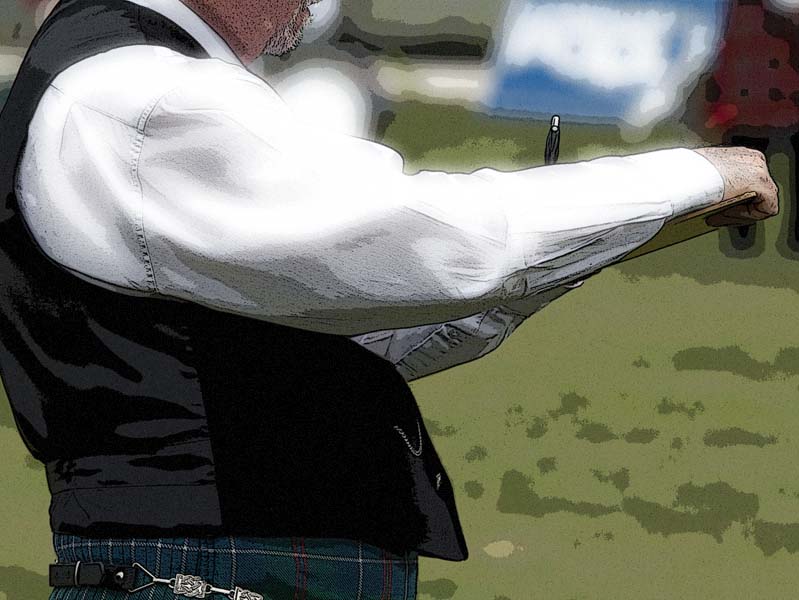
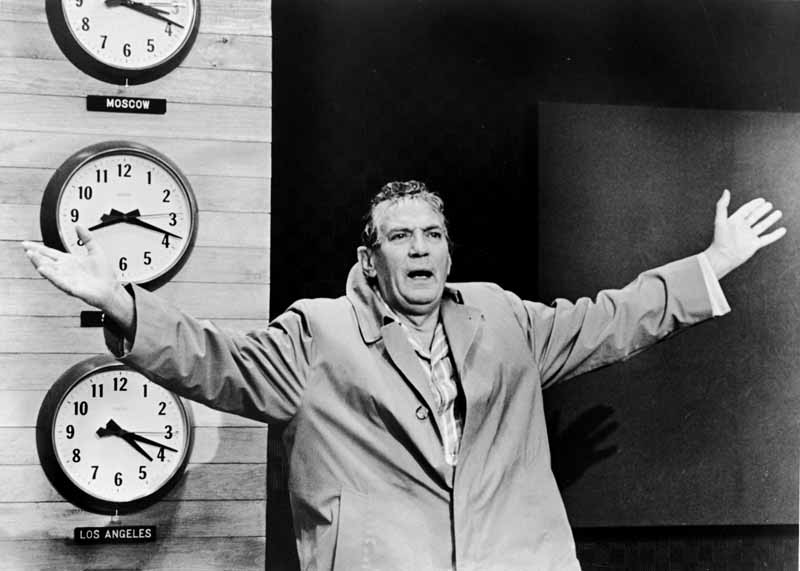

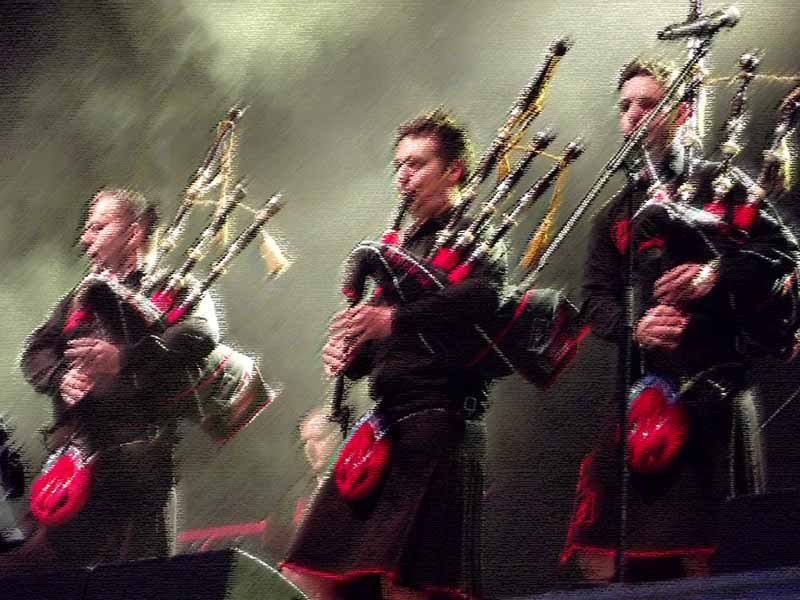

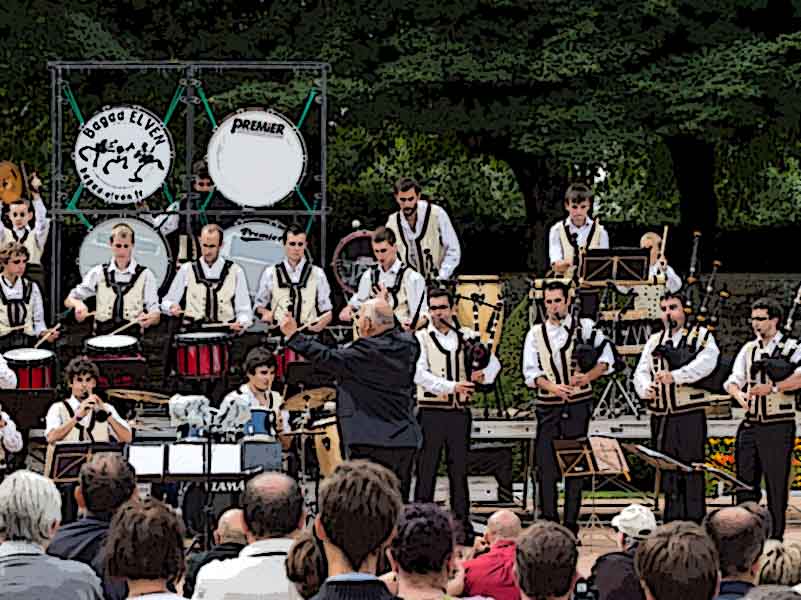
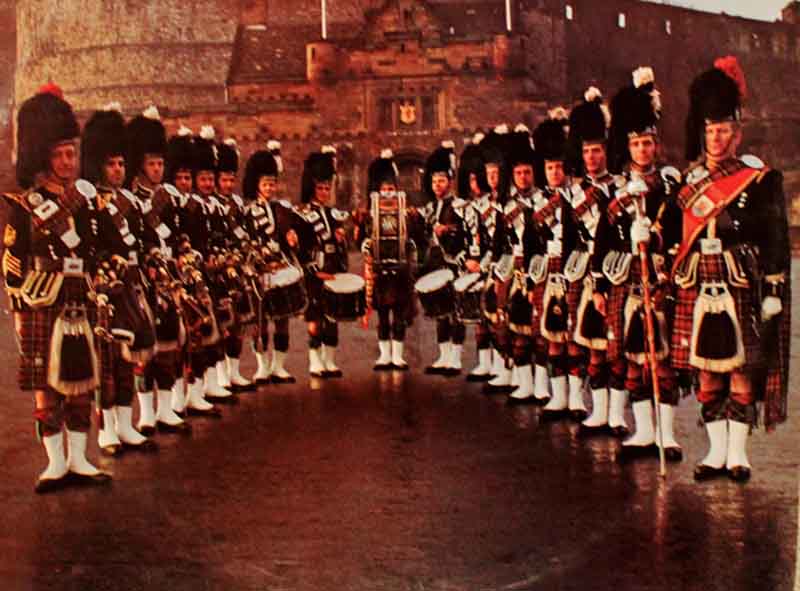
NO COMMENTS YET